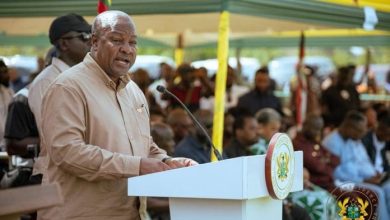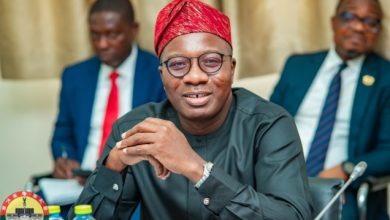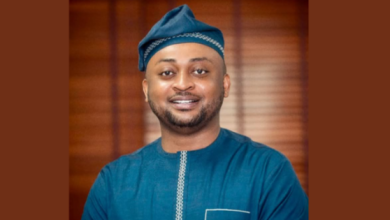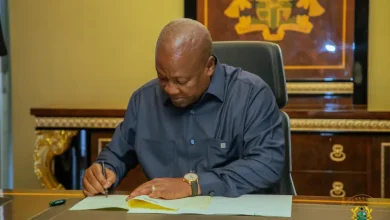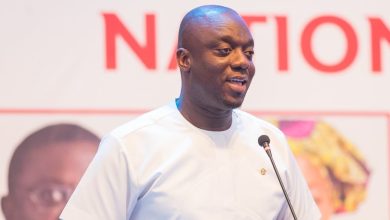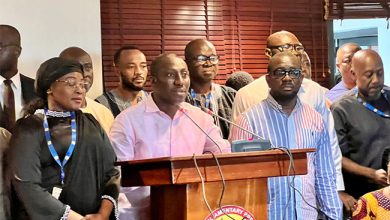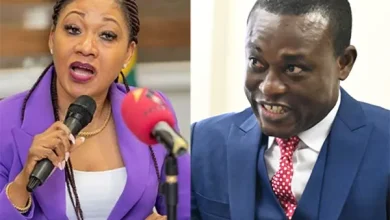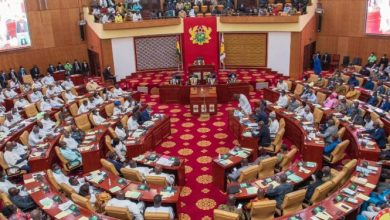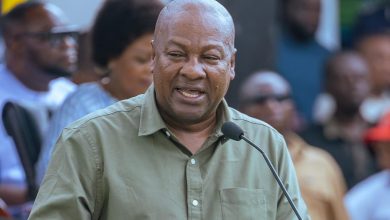Election Petition: John Mahama begs SC to correct another mistake
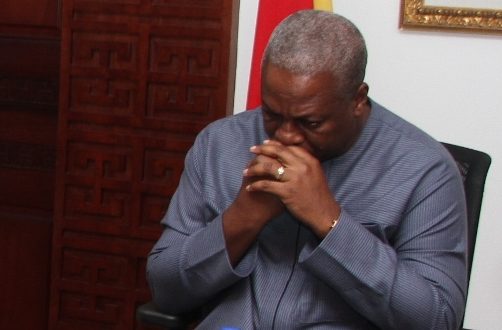
Lawyers of former President John Dramani Mahama have filed yet another process at the Supreme Court seeking the permission of the Court to amend another mistake, this time, on the ground for review they filed on the 20 January 2021 challenging the dismissal of their application to serve interrogatories on the Electoral Commission (EC).
According to the latest application dated 25 January 2021 and signed by Tony Lithur, the solicitor for the petitioner, Mahama is praying the Court for an order granting him leave to “file and /or argue an additional ground for his application for review filed on 20th January 2021, replace paragraph 28 of the original statement of the case and to file a supplement to the Statement of Case.
Original motion
In his initial motion for review of the ruling of the Supreme Court dated the 19th of January 2021 on the dismissed application to serve interrogatories on the Electoral Commission (EC), paragraph twenty-eight (28) which the Petitioner seeks to correct states that “there is no reference whatsoever in Rule 69(C)(4) of C.l. 99 to amendments. It is rather a Rule 69A (6) which provides as follows: “The respondents to the petition shall not amend an answer to the petition so as to add unto or alter the answer to the filed petition.”
“In the clear terms of this provision, it is not the case that amendments ought not to be sought or granted. The provision is limited to the respondents to the petition and is also very clearly qualified. Only in so far as the attempt to amend seeks to “amend an answer to the petition so as to add unto or alter the answer to the filled petition” is there a bar to the amendment. The fundamental legal error this passage in the ruling are compounded:
a) Rule 69(CX4) of C.l. 99 has nothing to do with amendments,. b) the bar to amendments is limited to respondents attempting to amend an answer to the further and c) only amendments which seek to add unto or alter an answer to the filed petition” are disallowed and not all amendments”.
Amendment Requested
The Petitioner (John Dramani Mahama) according to the new process he has filed says he wished to correct paragraph 28 as follows: “The Original Statement of Case filed on 20 January 2021, is hereby amended by the substitution of Paragraph 28 with the following:
“There is no reference whatsoever in Rule 69(C)(4) of C.l. 99 to amendments. It is rather Rule 68(7) and Rule 69A (6) which provide, respectively as follows: 68(7) A petitioner shall not amend a petition so as to add unto or alter the grounds of the petition as stated in the filed petition.
“69A(6) ‘The respondents to the petition shall not amend an answer to the petition so as to add unto or alter the answer to the filed petition. In the clear terms of these provisions, it is not the case that amendments ought not to be sought or granted.
“The provisions are limited and are very clearly qualified. In respect of the Petitioner, an amendment sought by him is prohibited only to the extent that such an amendment seeks to add unto or alter the grounds of petition.
Other kinds of amendments may be sought or granted. Similarly, in respect of the Respondents, an amendment sought by any of them is prohibited only to the extent that such an amendment seeks to add unto or alter the answer to the filed petition.
“Other kinds of the amendment may be sought or granted”. “The fundamental legal errors that the ruling of my Lords contain are compounded by two factors, namely, (a) Rule 69(CX4) of C.l. 99 has nothing to do with amendments; and (b) only amendments which seek to add unto or alter the grounds of the petition or the answer to it are disallowed, and not all amendments as my Lords held.”
Court Sitting on 26 January
The seven-member Supreme Court panel presided over by Chief Justice Anin Yeboah is expected to resume sitting on the election petition tomorrow, Tuesday, 26 January 2021 amidst multiple applications that have to be heard by the Court before it deals with the substantive petition which is before the Court.


